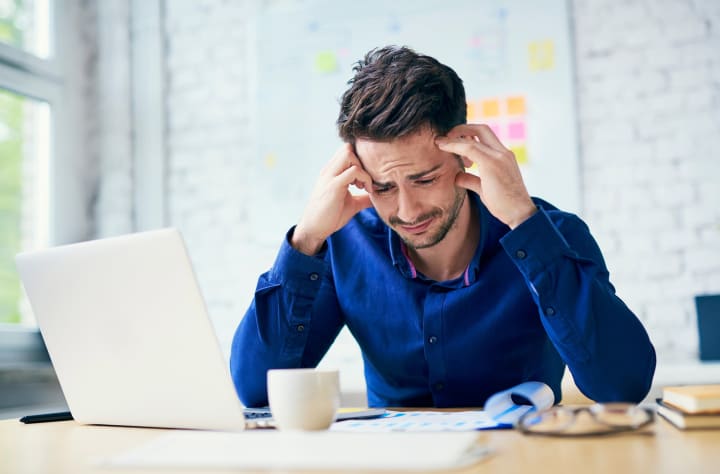The impact of social media on mental health and well-being
Understanding the impact of social media on mental health and practical tips for managing its use to promote positive well-being

Social media has become a ubiquitous part of modern life. It offers a platform for people to connect with each other, share information, and express themselves online. While social media has its benefits, it can also have a negative impact on mental health and well-being. In this blog post, we will delve into the impact of social media on mental health and well-being and provide some tips on how to manage social media use to promote positive mental health.
The negative impact of social media on mental health

Increased risk of depression and anxiety
One of the main negative impacts of social media on mental health is an increased risk of depression and anxiety. Studies have found a correlation between social media use and a higher likelihood of experiencing depression and anxiety. People often compare themselves to others on social media and feel inadequate or low self-esteem. The pressure to present a perfect image and the fear of missing out (FOMO) can lead to unrealistic expectations and disappointment in one's own life. Let's say you are scrolling through your Instagram feed and come across pictures of your friends having a great time at a party that you were not invited to. You may start to feel left out, inadequate, or like you're missing out on all the fun. This can lead to feelings of sadness or anxiety and negatively impact your mental health.
Cyberbullying
Another major issue is cyberbullying. Social media has created a new platform for bullying, which can have devastating consequences on mental health. Cyberbullying can take many forms, such as negative comments, harassment, and even death threats. Victims of cyberbullying may experience anxiety, depression, and social isolation. In severe cases, it can even lead to suicide. For example, let's say you posted a picture on Facebook and received negative comments from someone you don't know. They may insult your appearance, make personal attacks, or use hate speech. This can be very hurtful and lead to feelings of anxiety, stress, or depression.
Social media addiction
Social media use can also be addictive. Users can spend hours scrolling through feeds and checking notifications, leading to a lack of sleep, decreased productivity, and increased stress. The constant need to check notifications can also lead to anxiety and feelings of being overwhelmed.
Fear of missing out (FOMO)
The fear of missing out (FOMO) is a real phenomenon that social media can amplify. Users may feel pressure to constantly check their social media accounts to stay up-to-date on the latest news and events. The constant need to be connected can lead to anxiety and stress, as users may feel they are missing out on important information or experiences.
Tips for managing social media use to promote positive mental health

Here are some tips for managing social media use to promote positive mental health:
Limit your time on social media
Set aside specific times of the day to check your social media accounts and avoid using social media before bedtime.
Unfollow accounts that make you feel bad about yourself
If someone's posts consistently make you feel inadequate or unhappy, unfollowing them can be a helpful step in promoting positive mental health.
Connect with others in real life
While social media can be a useful tool for connecting with others, nothing beats face-to-face interaction. Make time for real-life connections with family and friends.
Practice self-care
Take breaks from social media to engage in activities that promote positive mental health, such as exercise, meditation, or hobbies you enjoy.
Seek professional help if needed
If social media use is impacting your mental health and well-being, seek help from a mental health professional. They can provide support and guidance on managing social media use and promoting positive mental health.
Conclusion
In conclusion, while social media can be a useful tool for connecting with others and sharing information, it can also have a negative impact on mental health and well-being. By being mindful of social media use and practicing self-care, individuals can promote positive mental health and well-being.





Comments
There are no comments for this story
Be the first to respond and start the conversation.